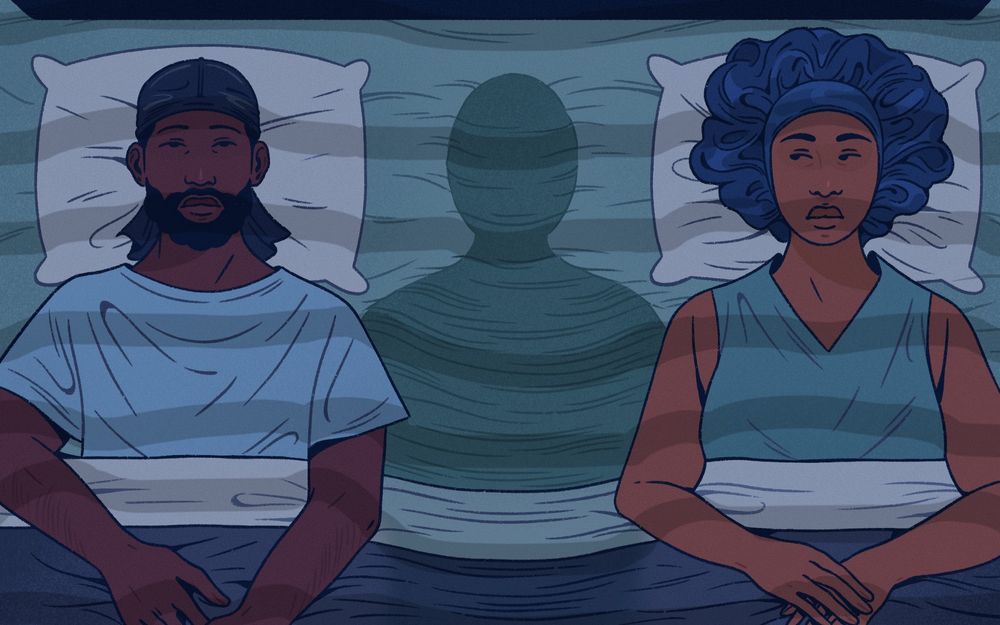So, you know how I always put all my business out there for Dear Level? In nearly a year of writing this column, I’ve shared insight about my sex life, thoughts on sexting, office love affairs, penis size, rules of courtship, and about everything else you can imagine. This time around, though, I’m not going to be so candid. Because we’re gonna discuss infidelity.
I’ve got experience here: I’ve cheated and I’ve been cheated on. I’ll leave it at that, but I say it to say that while I won’t bother with the details, I’ll still be using my own life to steer this ship and offer guidance the best I can.
So. You find out your partner has been unfaithful. What do you do? Is it a deal breaker, or do you try to stay together and work it out?
Cheating is rarely the first sign that things are off, so consider how much of a surprise it really is. Did you see the flags?
No two situations are the same, but there are some serious considerations to make when weighing that next course of action. These six questions may help you sift through the uncertainty and get to a place you feel good about — or at least as good as you can, given the circumstances.
1. Is it the first time?
This is not to say that if it’s the first time, that means you should stick around. If deep down you feel the relationship is a wrap, it probably is. If you’re not sure, it’s important to remember that this is your choice to make. Your friends, family, and your cheating partner all have their own thoughts and positions. This is monumentally different than any other relationship decision you’ll make. It’s up to you to consider your feelings — grief, rage, shame, sadness, even instinct — and how to move next. Take your time. If your partner is asking for forgiveness, they can wait. You need to process what you want first.
2. Did you also cheat?
Even if so, that doesn’t mean you have to forgive! Whatever you’ve done in the past has to be dealt with on its own. This isn’t the time to play who-did-it-first (or who-did-it-worse). But let’s not pretend we can’t consider this at all. If you’ve cheated in the past, you have to decide if that makes you feel more forgiving. That doesn’t mean litigating previous mistakes, or even dragging them into the light for the first time. What matters now is now. But knowing your own misdeeds can inform your decision.
3. How healthy is your relationship?
Have things been off-kilter for a while? Have you been thinking about breaking up? Is there a lack of communication? Have one or both of you checked out? Cheating is rarely the first sign that things are off, so consider how much of a surprise it really is. Did you see the flags? Have you been wanting to deal with them? If it’s been a mess, this could give you a clear end. But if you’ve been wanting to work things out — and you still want to — this could be a moment to call a truce and start looking for a path forward.
4. How cheaty was the cheat?
Most people say all cheating is created equal. Most people are lying. A one-time fling after a random encounter at a bar is different than hooking up with an old flame — and both of those are different than cheating with a partner’s best friend. All betrayal is hurtful, but there are levels (and varying degrees of collateral damage). Being honest with yourself about your limits can help you navigate your next move.
5. Is your partner (now) being honest with you?
If you have irrefutable proof of the crime and yet your partner is still sweating bullets and lying at every turn, this won’t work, whether you’re ready to move on or not. Which brings me to the final consideration…
6. Do they truly want you back?
It hurts to discuss this, but is it possible that your partner has already moved on and doesn’t want or need your forgiveness? Your partner may have chosen this person as their next partner and your energy has been wasted. What must be tackled is you: your feelings, your thoughts, and what your life is going to look like… with or without the other person.
